A company ignores risk to brand reputation at its peril, and that risk can be much more complex – and have far greater consequences – than anyone anticipates, as BP found out in the Gulf
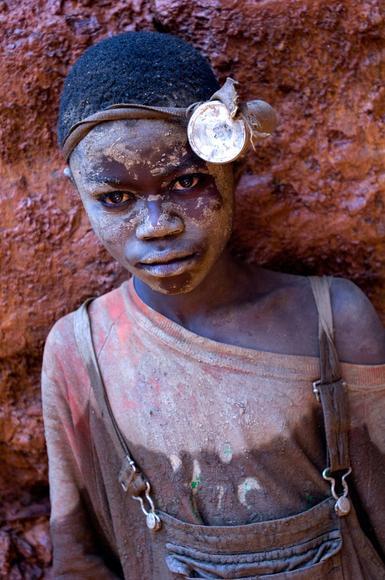
“It takes 20 years to build a reputation and five minutes to ruin it,” runs the famous quote by Warren Buffett.
But maintaining brand reputation by ensuring the highest standards possible across operations has become increasingly complex and challenging. While more aspects of many multinational supply chains have been outsourced to third and even fourth-party companies around the world, it is still the brand that picks up the tab when things go wrong.
“You can’t outsource reputational risk,” says reputation risk consultancy Reputability’s chairman Anthony Fitzsimmons. “BP is a classic example of this. They subcontracted out aspects of their operations, but when things went wrong [in the Gulf] outsiders still saw them as responsible.
“The point is that it was BP that was perceived to be responsible, regardless of whether some subcontractor might eventually be found to be technically to blame.
“People are not interested in who in the supply chain messed up. They are likely to regard ‘the brand’ as being responsible.”
Customers today expect firms across the spectrum to be careful that high ethical standards are observed throughout their businesses - a trend that has only increased in recent years - and will frequently deliver a harsh verdict on those who fail to live up to expectations.
“Even where allegations of complicity do not result in legal action, companies still face a range of non-legal risks if perceived to be complicit,” says Maplecroft principal human rights analyst Chris Kip.
Risking consumer wrath
Falling down on ethics can be disastrous, and extremely expensive to rectify. Because of increased media coverage and better access to information, there is now a far higher awareness of companies’ wrongdoings, while social media and other technology have helped consumers unite with pressure groups to take action against companies seen to be doing the wrong thing, with boycotts and other campaigns rapidly spreading between markets around the world.
And a collapse in sales and a falling share price are not the only consequences. Public exposure to criticism and the resulting brand damage can also mean that companies found to be benefiting from bad practice face reduced access to financial capital - or even a shareholder revolt. All of which is expensive to mitigate.
“Companies whose reputation has been tarnished because of association with dubious labour practices in the supply chain will find that they need to spend more - both in terms of finances and time of its employees - for advertising and other CSR [corporate social responsibility] initiatives to reassure investors and consumers that it is acting responsibly,” Kip says.
In the worst cases only the strong can survive. “Asset-rich businesses are more capable of riding out a big crisis than those based on debt,” Fitzsimmons says. “For example, [after the Gulf blow out] BP lost over 50% of its share value - a huge hit - but it was able to keep going because it was a financially strong business. Had it been financed mainly by debt, it could easily have collapsed or been taken over.”
There is no one-size-fits-all solution for all risks that companies could face in their operations’
Maplecroft principal human rights analyst Chris Kip
But it’s also worth remembering that complex supply chains don’t only pose an ethical risk - for example where there could be complicity in environmental damage or human rights abuses -complexity itself can cause problems for
business reputations.
“A classic example is the Airbus A380,” says Fitzsimmons. “This was manufactured by using factories in different European countries to produce different components, with the whole thing being assembled in Toulouse. When the fuselage segments were brought together to be joined up, the wiring wouldn’t mate. The whole thing had to be re-wired.
“That didn’t just cost Airbus about €3bn. It also damaged their reputation and caused a €5.5bn drop in their share price. Another example is the financial system in general. It’s so complex that no one knows what is really going on, let alone what will happen next week.”
In more challenging economic times, increasing competition can increase exposure to risk.
Key points
- However much outsourcing or subcontracting is used, it is the core brand that is perceived as responsible when things go wrong
- Customers expect high ethical standards - and deliver harsh verdicts against wrongdoers
- In severe cases, only cash-rich companies like BP can survive the fall-out
- Complex supply chains can also expose a business to reputational damage
“You have to be very thoughtful when driving down costs,” says Fitzsimmons. “If you aren’t very careful, you will create new risks in the process of saving money. These risks can come back and bite you painfully hard.”
Because of this, prevention is far better than cure. But strategy must be tailored to an individual business. “There is no one-size-fits-all solution for all risks that companies could face in their operations,” Kip says. “There are steps businesses can all take, such as engaging in human rights due diligence to get a clear understanding of the human rights situation in countries where they are sourcing.
“Other measures could include the monitoring and auditing of suppliers to identify potential areas of risk - as well as evaluating the human rights impacts of their own operations.”
At its heart, Fitzsimmons says, maintaining reputation is a management problem. “The really difficult issues have to do with the soft issues such as culture, leadership, communication and incentives,” he says.
“The press often accuse business schools of being good at teaching hard skills, like finance and strategy, which are broadly conceptual or quantifiable, but poor at teaching the soft skills that are harder to quantify. Yet deficiencies in those areas leave ‘soft’ risks - and these can bring an organisation to its knees.”
Forced and slave labour
What do you really know about conditions in the factories where your products are made? Key manufacturing nations represents a real risk of exposure to forced or slave labour, according to research by Maplecroft, with China, India, Mexico, Indonesia, Malaysia, Vietnam, Bangladesh and the Philippines all presenting an ‘extreme risk’.
As a result, due diligence is essential, especially within high-risk industries, particularly those involving temporary or seasonal work, including agriculture, mining, the making of textiles and garments, and construction.
Companies should also be aware that in some countries forced labour is not illegal, and even where laws exist they may not properly enforced. For example, Uzbekistan has used forced child labour in its cotton harvesting for years, while in Mexico and Vietnam law enforcement lacks the resources to effectively police compliance.
One way to minimise this risk is by insisting suppliers provide workers with written contracts outlining terms and conditions. Another is by joining a multi-stakeholder initiative aimed at addressing issues of forced labour, such as the International Cocoa Initiative, Responsible Cotton Network and the Citizen’s Charcoal Institute, which brings together trade unions, law enforcement authorities, NGOs, labour inspectorates and others.
Rotten Apple?
Apple, one of the most slickly marketed and technically brilliant business stories of recent years, has repeatedly suffered attacks on its reputation over ethics.
In 2010, at least 11 15-year-old children were discovered to be working in three factories in China that supplied Apple, prompting widespread media coverage, and the company has been regularly criticised in the press for using factories with poor - even abusive - working practices.
In one instance, also in China, a suicide was linked to a pressurised working environment; in another, 62 workers at a factory were poisoned by n-hexane, a chemical that can cause muscular degeneration and blur eyesight.
The company has admitted that at one time at least 55 of the 102 factories it used were ignoring Apple’s
own rule that staff cannot work longer than 60 hours per week.
And it is not just human rights groups that are taking a bite out of Apple. As recently as April this year, the Californian company came bottom of a green league table of technology companies compiled by Greenpeace, because of its heavy reliance on “dirty data” centres powered by coal.





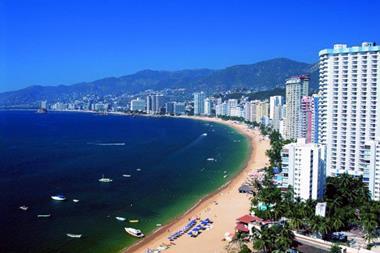
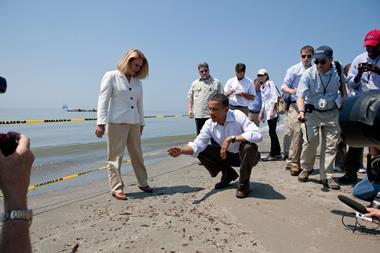
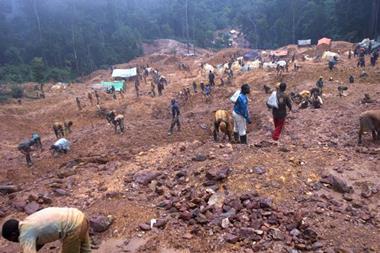
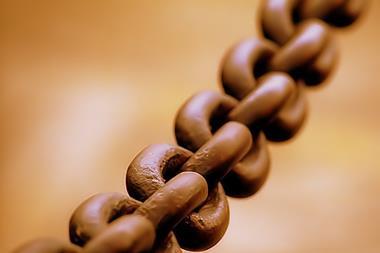
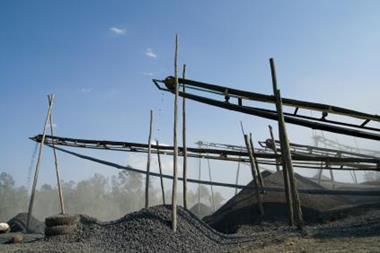










No comments yet